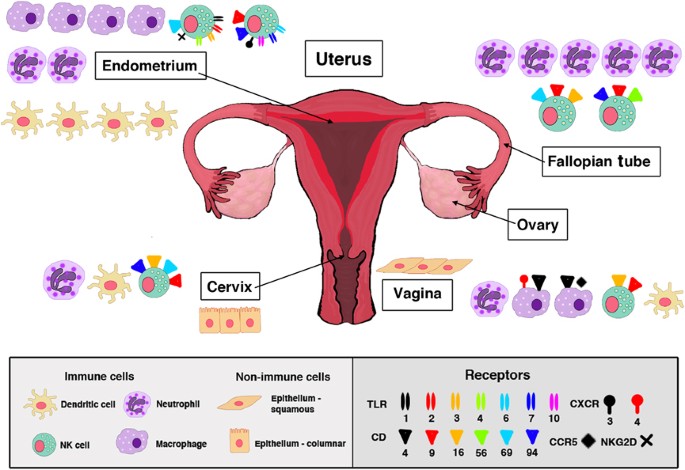The changes detected may have important implications for sexually transmitted infection (STI) risk. But the authors do not yet know if the changes increase or decrease the risk of acquiring an STI.
Girls and young women between the ages of 15 and 24 have a higher risk of acquiring an STI than older women. However, it has not been determined if riskier behavioral choices or physiological factors may explain the increased risk.
We measured immune changes in young women before and after initiating sex to determine if immune changes may play a role in increased STI vulnerability.”
Sean Hughes, Lead Author, Research Scientist, Department of Obstetrics and Gynecology, University of Washington School of Medicine in Seattle, US.
Hughes and colleagues compared vaginal samples collected from 95 adolescent women in Kenya before or after they began having sexual intercourse. They found a sharp increase in proteins that control the immune response, including IL-1β, IL-2, and CXCL8, during the first year after the participants became sexually active. These changes were confirmed to not be due to pregnancy or having an STI.
The team reviewed data collected in two other studies to verify the result. One included 93 young women in Belgium, and another included 19 participants in the US. The combined data from those two studies also showed elevated levels of immune-controlling proteins, including IL-1β, IL-2, and CXCL8, after participants became sexually active.

“The initiation of sexual activity was associated with higher levels of immune mediators, but we don’t know for sure if the start of sexual activity caused the changes,” says co-senior Florian Hladik, professor in the Vaccine and Infectious Disease Division at Fred Hutchinson Cancer Center, Seattle, Washington. “Other factors associated with the timing of sex initiation, such as socioeconomic status, could have contributed to immune system changes.”
The consequences of this immune activation are also not clear. The immune changes detected in the study may help boost fertility or may be a protective defense against sexually transmitted infections. If it is an attempt at defense, it may inadvertently increase young women’s vulnerability to HIV infection by recruiting the CD4 T immune cells targeted by the virus to the vagina. More studies are needed to confirm the connection between the start of sexual activity and these immune changes and understand their consequences for young women’s sexual health.
“More research on the immune changes associated with the initiation of sexual activity may help us understand the elevated STI risk in young women,” says co-senior author Alison Roxby, Associate Professor of Infectious Disease and Global Health at the University of Washington School of Medicine. “It may also help us identify new ways to prevent STIs in this vulnerable population.”
SOURCE: mnt

